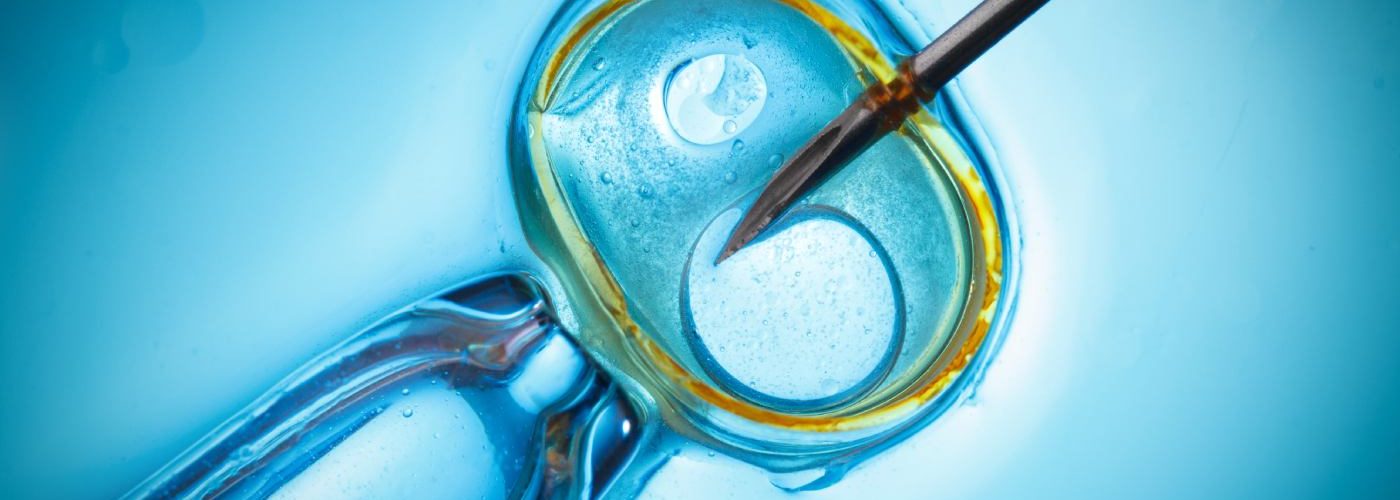
Under normal conditions, the uterus does not retain fluids inside it. However, certain non-malignant conditions can cause fluid retention in the uterus without the affected woman being aware of it. Pelvic inflammatory disease caused by a bacterial infection, for example, can lead to this situation.
Today, we are examining this issue: symptoms, possible causes, and how to get rid of fluid in uterus ivf
Symptoms of fluid in the uterus
The symptoms of fluid accumulation in the uterus are not always clear. In fact, in many women, this condition is asymptomatic, and that is why they are not aware of it. In other cases, patients may experience some of these symptoms:
- Pelvic pain
- Feeling of heaviness in the lower abdomen
- Feeling of abdominal fullness accompanied by cramps and bloating
- Respiratory problems such as difficulty breathing, which may be accompanied by fever and loss of appetite
- Leukorrhea or foul-smelling vaginal discharge
- Irregular bowel movements or diarrhoea during menstruation
- Excessive and painful menstruation
- Prolonged and abnormal menstrual cycles
- Frequent urination due to bladder compression by fluids
What causes fluid in the uterus during IVF
The accumulation of fluid in the uterus largely depends on the woman’s age and can occur at different stages of her hormonal cycle:
- Premenopausal women: Fluid accumulation is associated with pregnancy.
- Menopausal women: They can also experience this condition.
Additionally, other circumstances can lead to fluid accumulation, depending on each patient’s medical history:
- Women with pelvic inflammatory disease or an infection, for example, in the urinary tract
- Women with a history of endometrial ablations may have a narrowed cervical opening
- The presence of benign tumours and fibroids in the uterine wall can lead to fluid accumulation in the uterus
- Foreign bodies, such as an intrauterine device (IUD), can become infected and cause fluid accumulation in the uterus
What causes fluid accumulation during IVF? In addition to what has been mentioned, it’s worth noting that fluid retention is quite common, especially during pregnancy. Many women experience this, and it typically resolves after childbirth. However, in some cases, uterine swelling can be a sign of a more serious condition, such as premature delivery or placental detachment.
How to get rid of fluid in uterus ivf
The most common procedure to eliminate fluid accumulation in the uterus is dilation and curettage. First, the cervical opening is dilated, and then the fluid is removed. Hysteroscopy can also be performed.
There is no one-size-fits-all answer to how to eliminate this fluid buildup. Natural remedies that affect lifestyle can also be applied. Here are some guidelines.
Suggestions for a healthy diet
- Replace coffee with tea, such as green tea.
- Avoid red meats or limit their consumption to once a week.
- Include plenty of fruits and vegetables in your weekly diet.
- Avoid dairy products, especially those high in fat.
- Eliminate chocolates and sugary beverages.
- Consume foods rich in fibre and essential fatty acids.
Reducing stress
It is advisable to practice relaxation techniques and lead a less stressful lifestyle. Additionally, try to relax with your legs elevated and use compression stockings.
Eliminating toxic habits
Alcohol and tobacco are also harmful for fluid accumulation in the uterus. Therefore, these are habits you should eliminate. On the contrary, it is beneficial to stay well-hydrated by drinking plenty of fluids.








Comments are closed here.